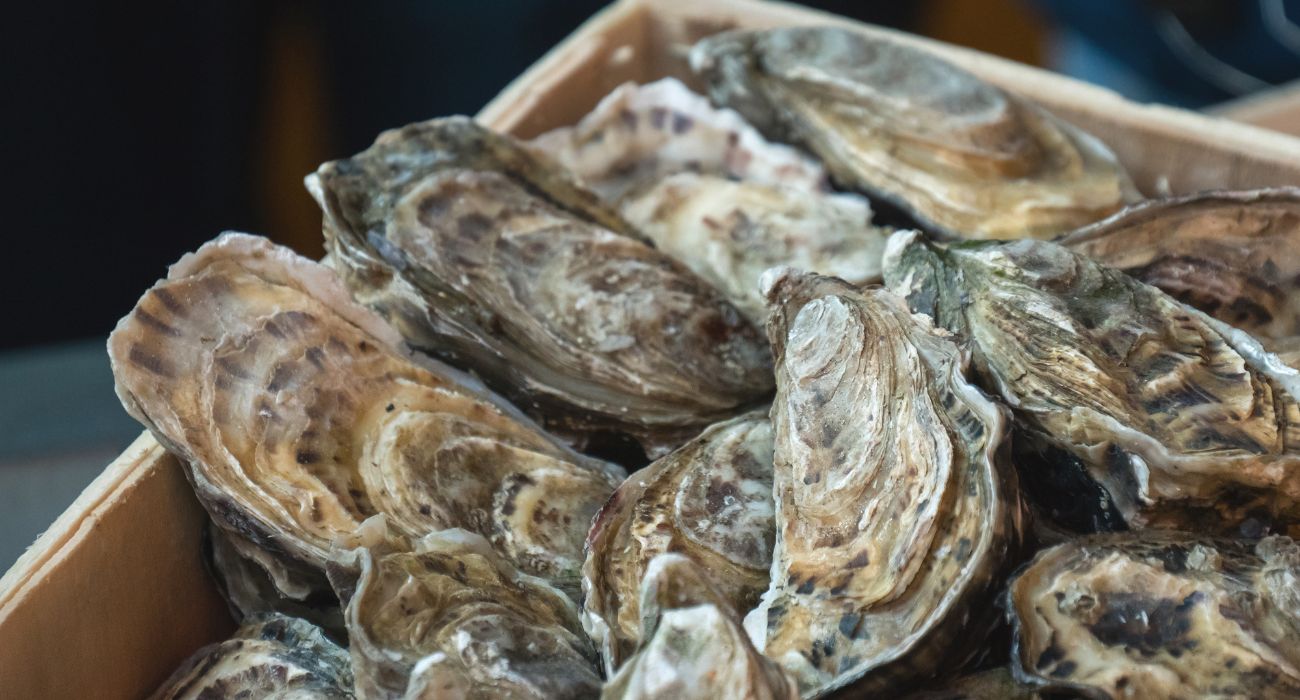Closures of oyster reefs along the Texas Gulf Coast this season have put a strain on the oyster industry.
These closings could mean fewer oysters seen in markets in Texas and the rest of the country, KXAN reported. Almost half of the country’s oysters are harvested from Texas regions.
The Texas Parks and Wildlife Department (TPWD) closed 20 of the state’s 29 oyster reefs for the recreational and commercial harvesting season, which runs from November 1 to April 30. Some of the closures are for one season only, while others have been extended for two years.
Texas Parks and Wildlife code allows for emergency closure to harvesting when sampling of the reef shows evidence of the area being overworked.
The purpose of the closures is to “protect sensitive and ecologically important reefs from the pressure of commercial oyster boats, which has sharply increased in recent years, and allow them to recover,” according to a news release by the TPWD.
Oysters are essential to the habitat of Texas shorelines.
“Oyster reefs provide shoreline protection and act as a nursery habitat for fish. The physical structure of these reefs can also protect the shoreline from erosion and storm surge,” the news release stated.
“Oysters are unique in that they’re both a habitat and a fishery,” explained Christine Jensen from TPWD. “And so, it’s the mission of Parks and Wildlife to try to ensure that the fishery is sustainable and that the resource endures over time.”
Oysterman Alex Gutierrez, who spoke with Houston Public Media, said that reef closures cause strain on harvesters in the state. Gutierrez said that it also causes the remaining open reefs to become overcrowded.
Tony Jurisich and his family, who have been harvesting oysters for generations, worry that the closures will threaten their livelihood.
“If they close all these areas where they have all this oyster crop you can’t harvest, and then these 25-30 boats that we have, you know 75-80 people, we’re gonna have to let them go,” Jurisich told KXAN.
The TPWD said it is working to balance supporting the oyster industry and protecting the ecologically important oyster reefs.
“We are committed to working with all stakeholders on this critical environmental and economic challenge,” stated the Chairman of the TPW Commission, Arch H. Aplin. “The Commission will continue to exercise in-season bay closures, when necessary, approve increased funds for the license buyback program for commercial fisheries, and propose new and additional innovative ways to help improve the biological health of the oyster population along our Texas coast.”







Easy for you to tell people to get other jobs. This may be their only skill, something they’ve done their entire lives. I doubt you would like it if your source of income was abolished and someone told you to just get another job, not giving a care how it affects you. Has no one ever heard of doing things in moderation? Closing 20 of 29 is pretty drastic and sounds like they’re suddenly trying to make up for being lax for many years, i.e. closing 2 one year for a time, then closing 3 others. Killing someone’s livelihood and not caring is heartless.
And the companies that make profits off the sales could very well be behind it. The cost of oysters will soar. And if you think our government is beyond that kind of scam, you better go back to school.
Impressive! Once upon a time, overfishing was normal.
This is a great thing. The issue is that there are too many fishing permits to begin with. FL has hundreds to thousands of acres of PRIVATELY managed shellfish nurseries. Probably a better way to go in the end.
Texas should consider this as an option. Artificial reefs placed in the proper areas and seeded can help expand the habitat and fisheries.